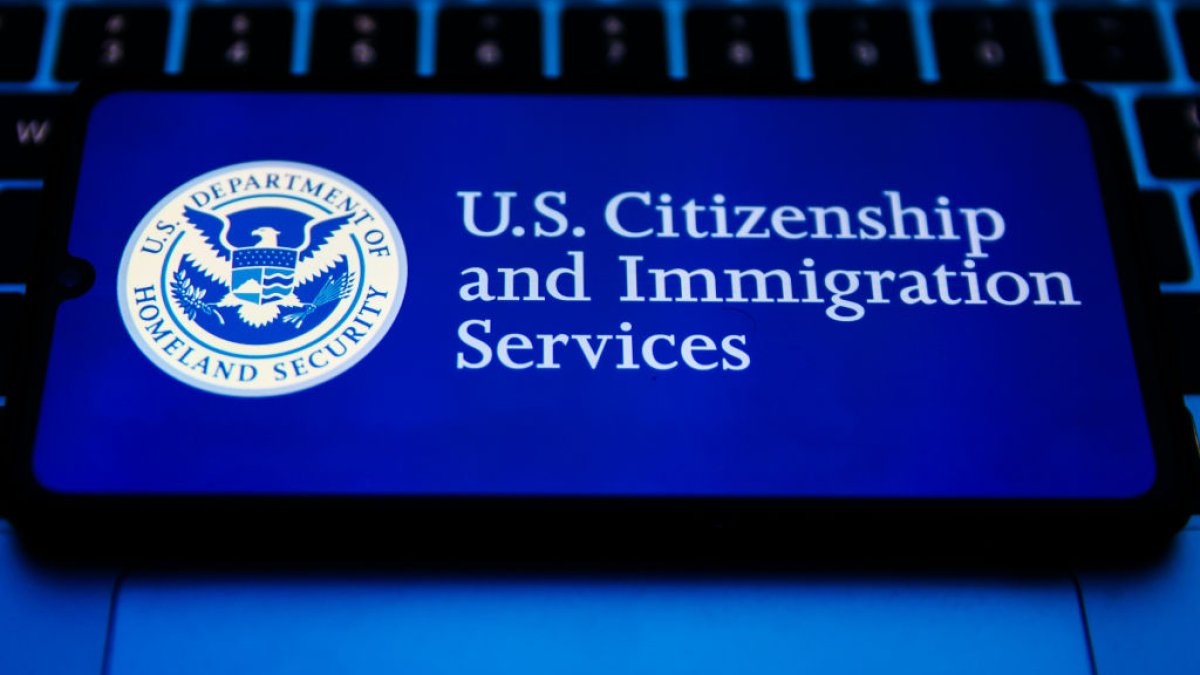MIAMI, Florida – “This is our only hope,” comments Cuban Cynthia Ferra through tears. “I am here with my two children. My husband is in US with I22A and waiting for the resolution of his case. Humanitarian parole was an opportunity to meet again.
However, her request has now been rejected: “My sponsor wrote to me to check my email as there was a notification in my case. “I thought we were finally approved after more than a year of waiting, but it was disappointing to find out we weren't.”
Like her, many Cubans received the same message this Tuesday. The exact number is unknown, but according to the developers of Immigrant Case Tracker, an app that tracks the progress of cases, it could be in the thousands.
“We follow approximately 250,000 cases and yesterday was a disastrous day. We saw 3,482 denials, which represents a negative record,” explained Angel Poulossa to Telemundo 51, one of the app's co-founders.
“Prior to this, the day with the most rejected cases was last April 3, with 24. That number does not compare to what we have seen now,” he added.
According to their data analysis, the rejected applications were from different dates, “It could be a computer error or else, we don't know which ones will be removed, sponsors who don't comply with certain requirements, put in place some kind of automation. This is all speculation,” Poulossa clarifies.
The Department of Homeland Security has not yet responded to our request for comment. “We believe this is wrong,” said Fera, who lives in Cienfuegos province. “We decided to wait before crossing the border because we didn't want to break the law. There is no explanation for the sadness we feel.
Adienes, another beneficiary of humanitarian parole, shares her anguish over the difficult situation her family is facing. Her daughter, who suffers from a brain tumor, is in Cuba and has been offered parole in hopes of bringing her to the United States and receiving medical treatment there. Adianez, her husband and daughter applied with a single sponsor in January last year. Although Adianez was approved for parole in late October, her husband and daughter have yet to join her in the United States.
According to immigration attorney Avelino Gonzalez, this could be the result of an error in the system.
What can be done if a case is rejected? “Small, because it's a discretionary process,” answers immigration attorney Miguel Inda Romero. “Since the program is active, I recommend that you reapply, but first, carefully review the previous application to see if it really meets all the requirements.”
By the end of February 2024, more than 386,000 people had entered the United States through humanitarian parole, according to data from the Department of Homeland Security. 38.5% of this total were Haitians; 24%, Venezuelans; 20%, Cubans; and only 17.5%, Nicaraguans.

“Music ninja. Analyst. Typical coffee lover. Travel evangelist. Proud explorer.”

:quality(85)/cloudfront-us-east-1.images.arcpublishing.com/infobae/TEQF6EONZRFGLLLDIDD4L2O4EE.jpg)

:quality(75)/cloudfront-us-east-1.images.arcpublishing.com/elcomercio/XU32LRAEZFDDPNVHLFU3CKVBYY.jpg)



More Stories
Earthquake in the US today, Wednesday, May 29 – Earthquake’s exact time, magnitude and location via USGS | USGS | composition
President Arrivalo is left with no alternatives to dismissing the Attorney General
Passenger dies after jumping off world’s largest cruise ship in Florida